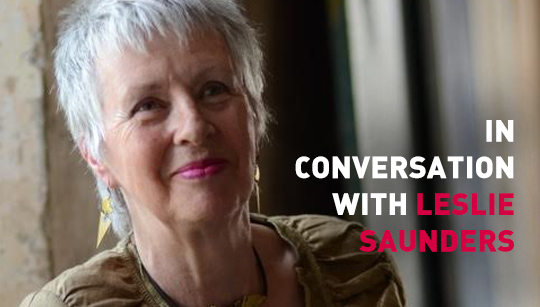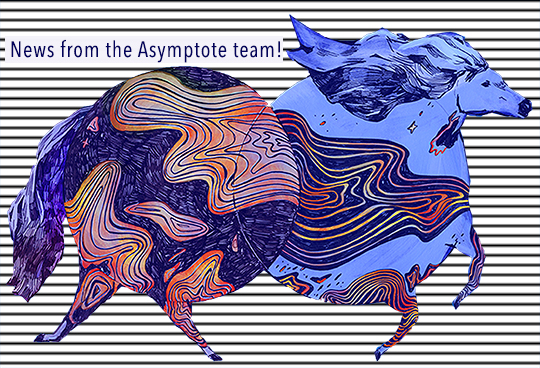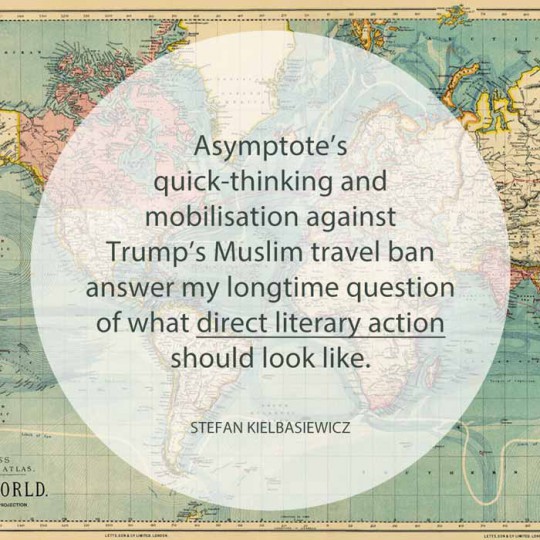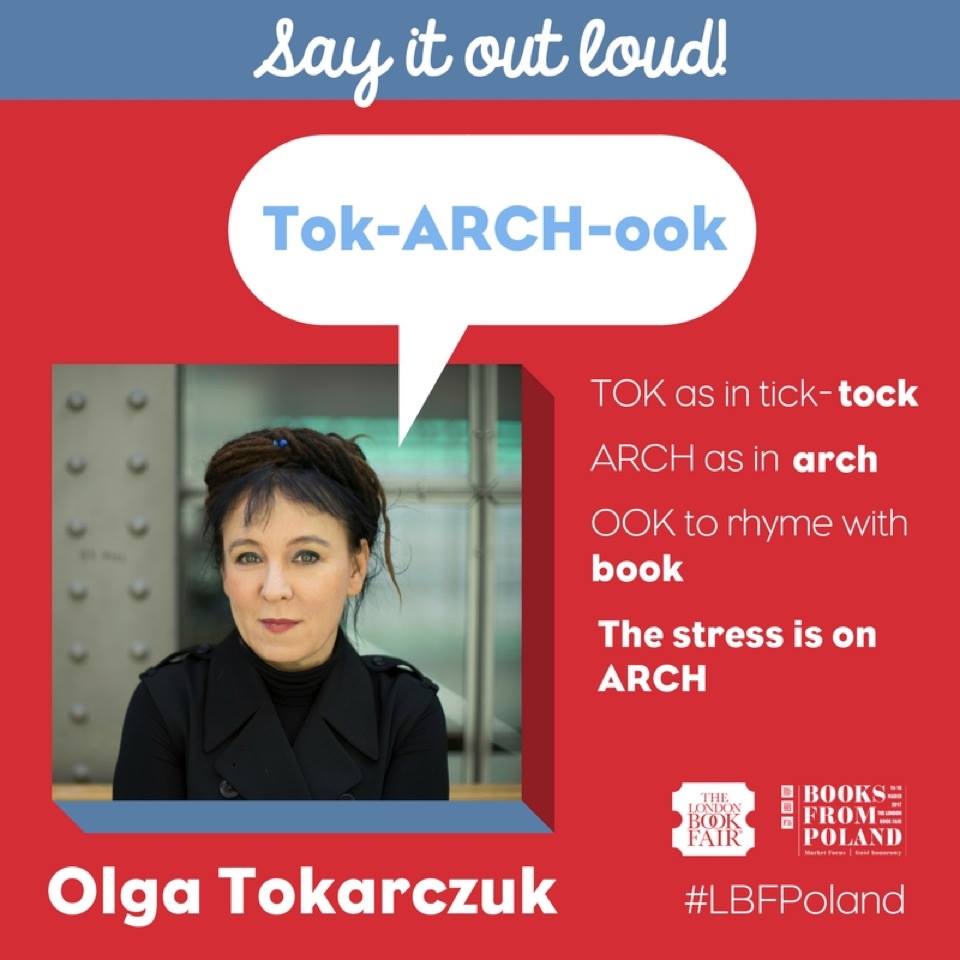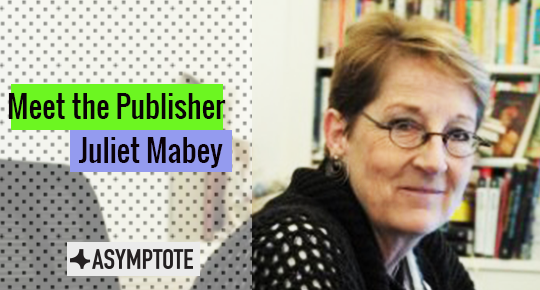Noah Birksted-Breen is a theatre director, writer and translator. After doing a Modern Languages degree at Oxford University, including one year at the St. Petersburg State University, he completed an MA in Playwriting at the Central School of Speech and Drama in London. In 2005 he co-founded Sputnik Theatre Company, which is dedicated to bringing contemporary Russian plays to the UK, and has so far produced five plays for his company. Sputnik also launched the first Russian Theatre Festival in the UK in 2010 with four new Russian-language plays translated into English and premiered at the Soho Theatre. In 2006 Noah won the ITV Theatre Directors’ Award, working for a year and a half as resident director at Hampstead Theatre. He has translated plays by, among others, Oleg Bogaev, Yelena Gremina, Natalia Kolyada, Natalia Moshina, Yuri Klavdiev, and Yaroslava Pulinovich.
Julia Sherwood, Asymptote’s editor-at-large for Slovakia, caught up with Noah in the middle of his commute between Oxford, where he’s in the final stages of his doctoral dissertation, and London, where he lives with his family.
JS: I first came across Sputnik back in 2005 or 2006, when I saw your brilliant production of Russian National Mail at the Old Red Lion theatre. How did you discover this play, what sparked your interest in contemporary Russian drama and how did Sputnik Theatre start?
NBB: I started hearing that new Russian playwriting was vibrant and began to actively look into it. I was travelling to Russia a lot at that time in my job as a project manager for an NGO that was working in that region, so I could also attend plays. Then, in 2005 I co-founded Sputnik with Leila Gray and started producing new Russian plays. Russian National Mail by Oleg Bogaev was our first production. Right now Sputnik consists of me and then different collaborators for each project. I also have a Board of Trustees—people who are quite big in the industry and they help out. Ideally, I’d like to have a Russian set designer to work with on a permanent basis, and money to commission Russian playwrights, but funding is a problem.
Over the past 3 or 4 years I haven’t produced any plays as I’ve been working on my doctorate—on contemporary Russian playwriting between 2000 and 2014, focusing on four specific theatre companies and their programming of new plays. However, it is a practice-based doctorate, and it includes a non-academic part, in cooperation with Plymouth’s Theatre Royal, so I was able to continue the work I’ve been doing with Sputnik and bring it to a larger theatre. In consultation with the artistic director, Simon Stokes, we identified four plays, which I translated. As it is very difficult to sell a new Russian play in the UK in general and even more so to a regional audience, rather than doing full productions we decided to do them as rehearsed readings at the Frontline Club in London. This was January 2016. The first play was Dr. by Yelena Isaeva, one of the longest running productions of teatr.doc, the renowned studio theatre in Moscow. It’s a surprising, sometimes shocking, often funny and moving play about contemporary medicine in rural Russia. Then we did Joan, by Yaroslava Pulinovich, which is a play about a self-made businesswoman who has made it to the top for all the wrong reasons, and about the ruthless business practices of 1990s Russia and its gangster capitalism. For the third play, Grandchildren: The Second Act, Alexandra Polivanova and Mikhail Kaluzhsky interviewed the grandchildren of prominent Stalinists, whose testimonies bear witness to the very human desire to forgive those we love, even when we know their worst crimes. And last but not least, Mikhail Durnenkov’s The War Has Not Yet Started depicts the dehumanising effects of living in a society on the brink of an all-out war. (videos of post-performance discussions can be viewed here, here, here and here).
JS: I managed to catch two of the plays at the Frontline Club: Joan and Grandchildren; both were excellent and very different. Are you planning to publish these four plays and can we expect to see full productions of any of them?
NBB: I published two of the plays, Dr. and Grandchildren, in a bilingual edition, and have included all the footnotes so you can get a full experience of the text, if you’re interested. I published them through Sputnik, funded by the Translation Institute (Institut perevoda) in Moscow. As for full productions, the rehearsed readings were very well received and Simon Stokes really liked one of the plays, The War Has Not Yet Started. He decided to do a full production at the Theatre Royal in Plymouth in May 2016, directed by Michael Fentiman. He is more of an auteur director, adding his own images, rather than a typical new play director, where you’re tend to be quite faithful to the script. The result worked extremely successful—very theatrical and enjoyable—though it felt rather eclectic in places. It’s very hard to get attention for a new Russian play so it was covered mostly by the local press, and by the Stage, the industry paper.
It was good to see how well Durnenkov’s play worked in Plymouth as artistic directors often assume that a contemporary Russian play can only be staged in a niche theatre like the Royal Court, or The Bush, or the Gate or some other theatre that specializes in contemporary plays. In fact, a play like Joan is actually quite a crowd pleaser and the Royal Court would not necessarily be interested whereas—I may be hopelessly idealistic here—I feel that it could actually be staged in a more mainstream theatre. It’s a sort of revenge drama, which asks big questions but at the same time it’s a very entertaining piece with a great deal of situational comedy. The problem is how to convince theatre managers—I spoke to a couple of directors and they felt it could only be staged if there was a star actor in the main role, because otherwise no-one is going to come and see a new Russian play. But if you got Helen McCrory it could be put on at the Old Vic, or the Young Vic [laughs].
READ MORE…






